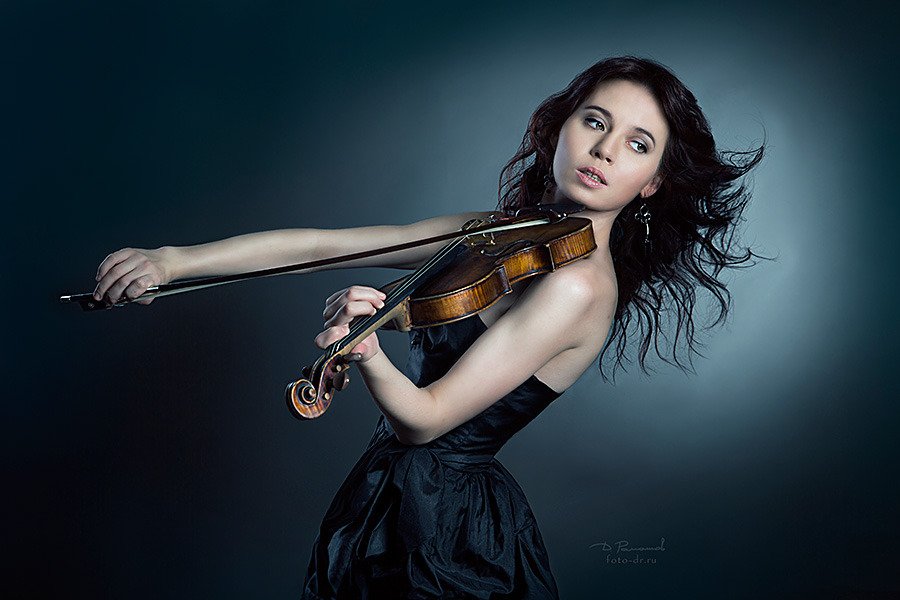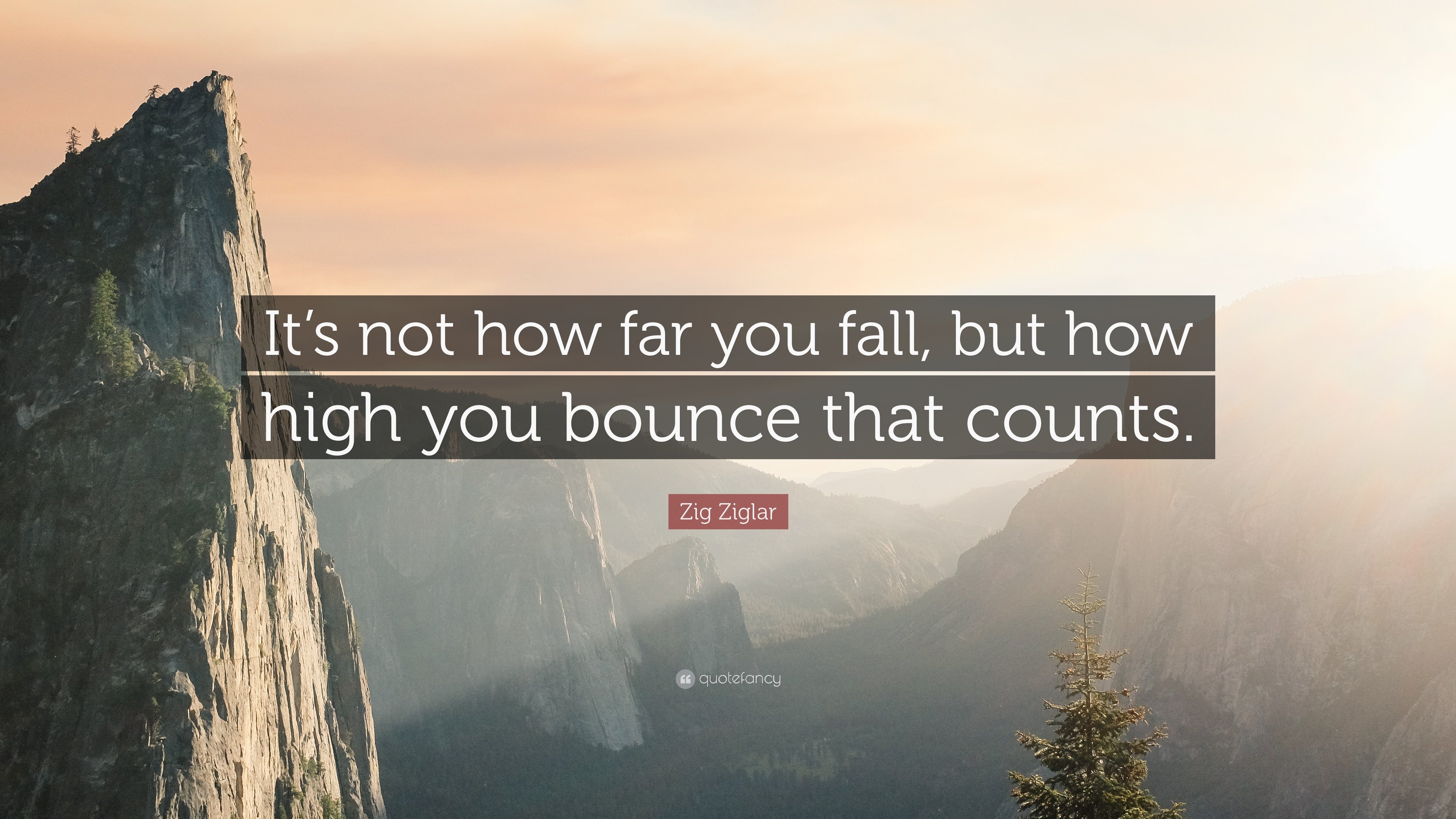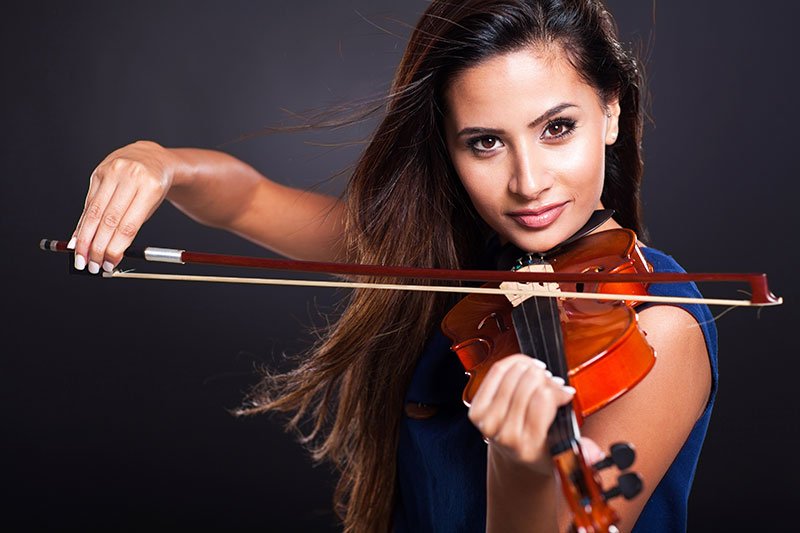
This article is written from the working dynamics of the orchestra @musicapoetica. Some orchestras and ensembles do things differently!
Violinist
First and foremost, the concertmaster of the group must be an accomplished violinist. At the very least, the skills of the violinist must be such that it commands the respect of the other players. Without the musical respect of the colleagues, it is impossible to perform the duties that the position demands.
Artistic and Musical direction
In some groups, the concertmaster is the musical director of the group. In other words, the final say of how the music is interpreted rests with the the musical director. However, in our particular group (@musicapoetica), the harpsichordist is the musical director.
Of course, there is always potential discussion and debate about how a piece should be interpreted. So there must be lots of give and take especially when creative minds are at play. However, in the end, a single unified direction must be decided upon, and that task rests upon the musical director.
Interpretor and technical advice
Each instrument and instrument types have different ways of producing sounds, every person describes and hears words and descriptions in different ways. If they are not the musical director, the concertmaster might have to help get the desired sounds/interpretation from the instruments that they are most comfortable with (strings!). In a Baroque orchestra, the bulk of the orchestra will be strings. Thus, the concertmaster has the job of translating the desires of the musical director into actual sounds from the instruments and players.
Sounding Board
When you are working in music, it is handy to have a trusted second set of ears, just like a proofreader when you are writing. A second set of ears to hear what is out of place or not working, or even to bounce musical ideas off is always a bonus to the musical director. When you become too attached to an idea, you can stay stuck to it even when it is sinking the interpretation!
Of course, if you are the concertmaster of the ensemble, it is likely you are a trusted set of ears from the director's point of view!
Mediator
What happens when you stick a bunch of creative people in a room together? And then have to try and mediate a single outcome from many competing desires and strong points of view.
Leading and cues
Although much direction can come from the musical director, it is often easier to have beginning and leading cues come from a similar instrument (in Baroque orchestras, generally strings!). So, another duty of the concertmaster is to help give cues and other musical direction via breathing and movement to help assist the cohesion and unity of musical vision of the group.
Cheerleader

The concertmaster needs to act as the cheerleader for the group, keeping up the morale and spirits of the orchestra. Helping keep everyone in optimum playing condition. Inspiring the best in everyone, and showing the way forward with bravery and courage to help other overcome fear of judgement!
Administration
This is perhaps one of my least favourite parts of the job, even compared to the hostage negotiation skills occasionally required.... Marking parts and deciding on technical markings, with bowings and suchlike. I like a blank part, others like lots of instructions. Enough said...
Quick Time Events!
In it's worst case during a performance, any number of things can deviate from the plan. It is the duty of the concertmaster (and musical director) during the performance to fix things on the fly, making quick unspoken decisions and drawing the ensemble together when things go wrong. All whilst the piece is being performed and without the audience being aware of the potential disaster!
In it's best case, every musical performance is an evolving beast. Things can be rehearsed or agreed upon, but when the blood gets pumping, everything changes. Learning to harness this for the betterment of the performance is another duty!
Anyway, I hope this was informative. Every group does things differently, and so what is described here doesn't always happen with all groups. Also, there are differences in how a group dynamic works in larger orchestras, this article was written with a smaller baroque ensemble in mind.

Running an ensemble is a rewarding but time consuming job. Chasing after grants and sponsorship is the often overlooked but important aspect of a musician's life. Please visit our musicoin playlist. If our post has passed the reward period, please consider a donation or a delegation. We also accept tokens of support at the following addresses:
BTC
1Mwe6XaDcREa7o5RSLGoWfk9wSwGs6LkSA
LTC
LPcEtTsxMJykDeK713jsj3e2BsdVf32ix7
ETH
0x1bb1d830f66bdb74de45685a851c42b790587a52
Doge
DMJNS7jbNCgPdFdxgeFdEummFMmSQvAoK2
Musicoin
0x9c1fc741f0869115f8c683dc6967131ab1c40ebc
Smartcash tips accepted!

Our Musicoin artist page
Thanks for you support!
Please let any classical musicians or classical music lovers that you know to subscribe to @classical-music, and to start using the #classical-music hashtag, so we can try and grow our community! Join us at our Dischord: https://discord.gg/ppVmmgt








.jpg)
.png)